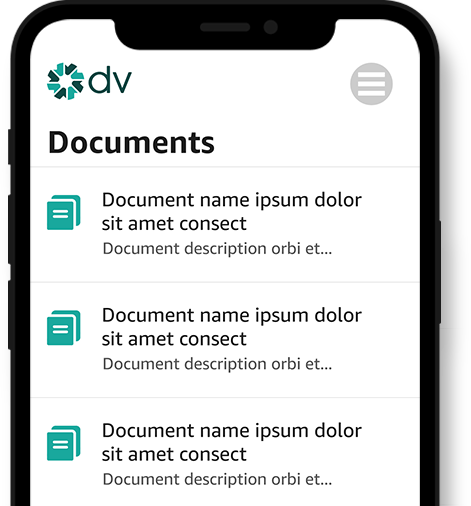The world runs on information stored in documents acted upon by entities. Without the interaction of entities with documents, the information stored in documents are mere symbols and codes known only to the owner. When an interaction with the document occurs by other parties, the contents of the document gains deeper meaning and enables information to be used for whatever purpose is required.
The problem lies in recording the interaction of entities and controlling access on documents. For example, when a printed document is passed to another entity such as a person or a company, the only way to record this interaction is to create another document that acknowledges the original document being received. However, the record of the printed document being received is often only kept by the sending entity. A real-world example is registered mail requiring positive identification of the receiving entity and the acknowledgement of the document being received. Moreover, once the document has exchanged to a different entity, the owner of the printed document loses control of how the printed document is treated by the receiving entity.
With electronic documents, one can use password protection and encryption to safeguard the information held within. However, the document itself could be forwarded to another entity with the password and encryption key and the document owner would still have no access control and no record of the interaction with the document and any further interactions by other known or unknown entities.
With the Docuvett platform, our aim is to give users the peace-of-mind that documents shared to verified entities (persons or companies) through our platform will retain access control and recording of the interaction of verified entities with the document.
